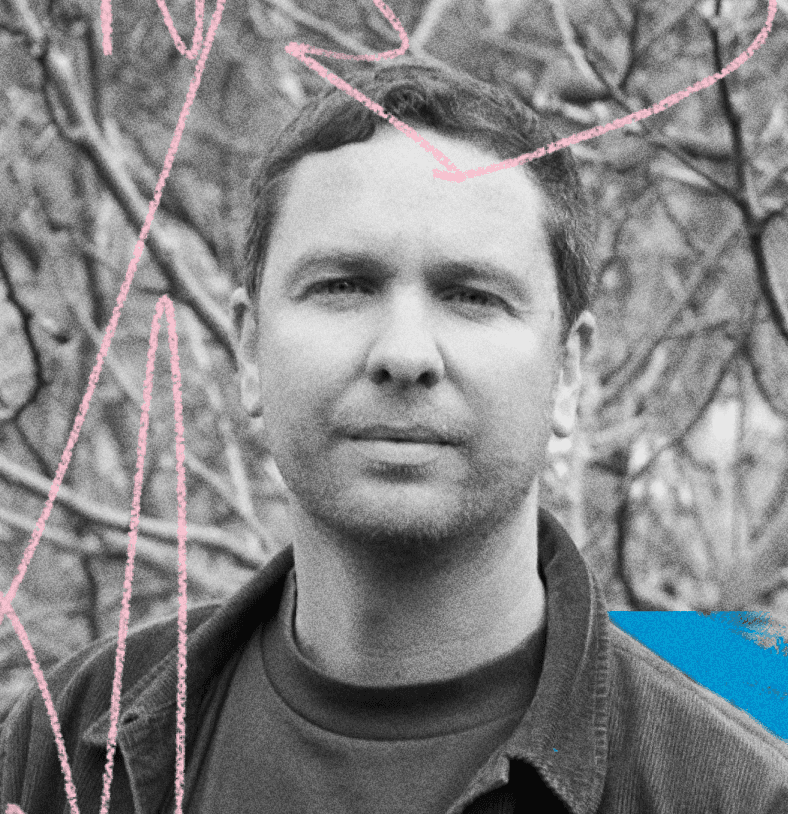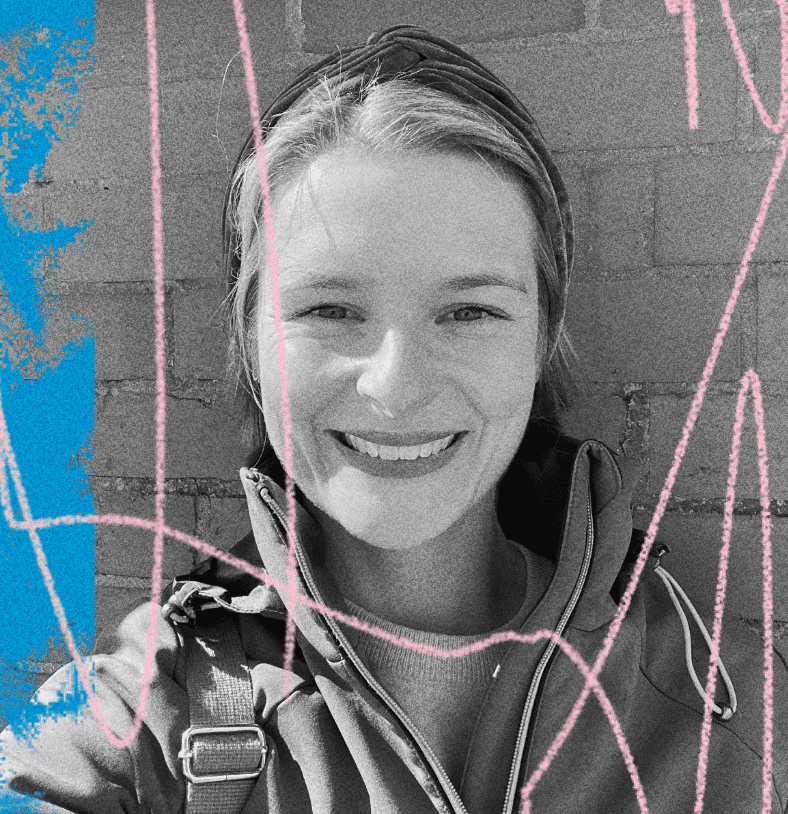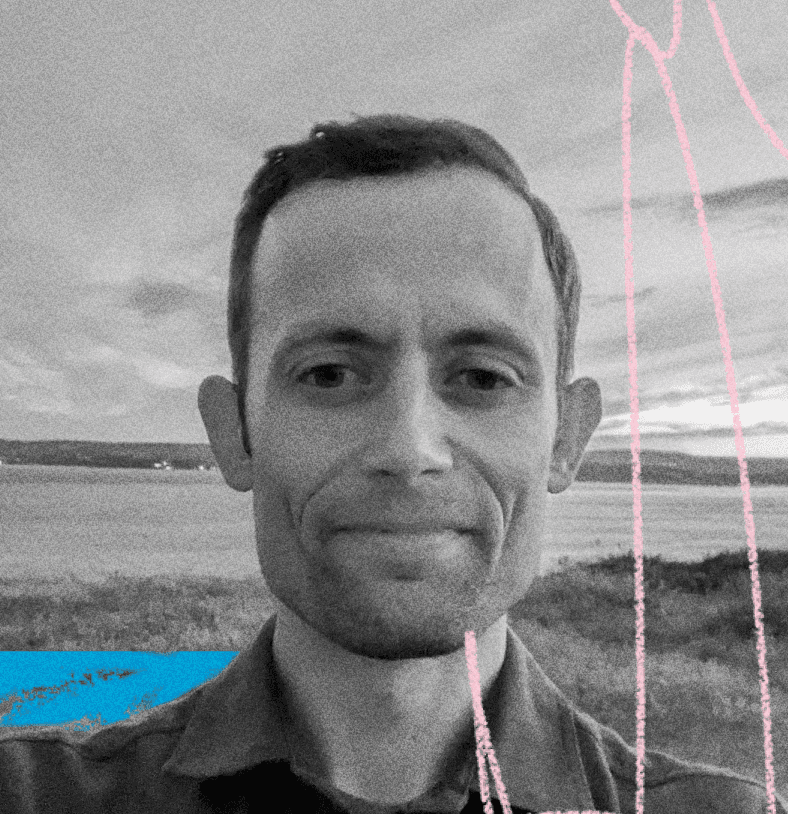We are committed to advancing democracy in our workplaces and communities through partnerships with local and national government, industry bodies, membership associations, and foundations.
Our approach
Our approach
At the roots of our broken economy is an ownership crisis, where wealth and assets are concentrated into the hands of an increasingly smaller number of individuals, private funds, and corporations. The Centre for Democratic Business works to reverse this crisis by democratising the ownership ecology of UK business.
At the roots of our broken economy is an ownership crisis, where wealth and assets are concentrated into the hands of an increasingly smaller number of individuals, private funds, and corporations. The Centre for Democratic Business works to reverse this crisis by democratising the ownership ecology of UK business.
As democratic businesses are not a single species, we’re investing in convening the sector and creating new research to develop more understanding of different ownership models, economic reward systems, and approaches to corporate governance.
As democratic businesses are not a single species, we’re investing in convening the sector and creating new research to develop more understanding of different ownership models, economic reward systems, and approaches to corporate governance.
While it’s a plural movement, at its heart it asks three fundamental questions – who owns the business? Who benefits from its economic value? And who makes the decisions?
While it’s a plural movement, at its heart it asks three fundamental questions – who owns the business? Who benefits from its economic value? And who makes the decisions?
Our simple definition is that a democratic business is where members have both the majority of the ownership and effective control of the business. This can be more or less advanced in a democratic business – and it does not always have to be direct – but it should at least give meaningful powers to members to be involved in the strategic decisions that affect a business, from policy to wages to acquisitions.
Our simple definition is that a democratic business is where members have both the majority of the ownership and effective control of the business. This can be more or less advanced in a democratic business – and it does not always have to be direct – but it should at least give meaningful powers to members to be involved in the strategic decisions that affect a business, from policy to wages to acquisitions.

Our approach
At the roots of our broken economy is an ownership crisis, where wealth and assets are concentrated into the hands of an increasingly smaller number of individuals, private funds, and corporations. The Centre for Democratic Business works to reverse this crisis by democratising the ownership ecology of UK business.
As democratic businesses are not a single species, we’re investing in convening the sector and creating new research to develop more understanding of different ownership models, economic reward systems, and approaches to corporate governance.
While it’s a plural movement, at its heart it asks three fundamental questions – who owns the business? Who benefits from its economic value? And who makes the decisions?
Our simple definition is that a democratic business is where members have both the majority of the ownership and effective control of the business. This can be more or less advanced in a democratic business – and it does not always have to be direct – but it should at least give meaningful powers to members to be involved in the strategic decisions that affect a business, from policy to wages to acquisitions.
Questions we are currently exploring
Questions we are currently exploring
Questions we are currently exploring
Questions we are currently exploring
Questions we are currently exploring at the Centre for Democratic Business
How can democratic ownership create its own policy domain outside of alliances that focus on purpose or impact?
Why is membership so important within business and how can it transform our relationship to work?
How much of a threat is demutualisation and what ownership models are more vulnerable or protected from future privatisation?
What kind of investment and infrastructure do we need to create a new generation of democratic business support?
What are the new and existing sources of public, private, and philanthropic capital that can finance sectoral growth?
Given the surge of interest in purpose and mission in the wider business community, how can we encourage such businesses to fully empower their employees through transferring ownership to their workforce?
In terms of growth and resilience, what is the role for replication and mergers in the democratic business sector?
What is the role of unions in democratic businesses and how can they play a more oppositional – rather than adversarial – role?
Our history
Our history
Our history
About Stir to Action
About Stir to Action
Stir to Action is a national organisation promoting new economic alternatives, particularly focused on promoting the role of democratic power in transforming economic inequality, the climate crisis, and our political culture.
Stir to Action is a national organisation promoting new economic alternatives, particularly focused on promoting the role of democratic power in transforming economic inequality, the climate crisis, and our political culture.
Launched in 2013, they publish a quarterly magazine, run regular training programmes, and host an annual festival.
Launched in 2013, they publish a quarterly magazine, run regular training programmes, and host an annual festival.











